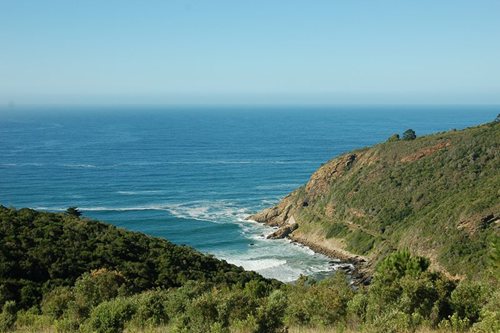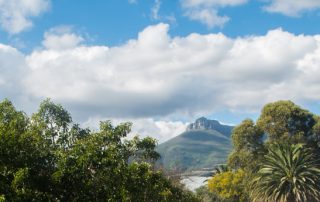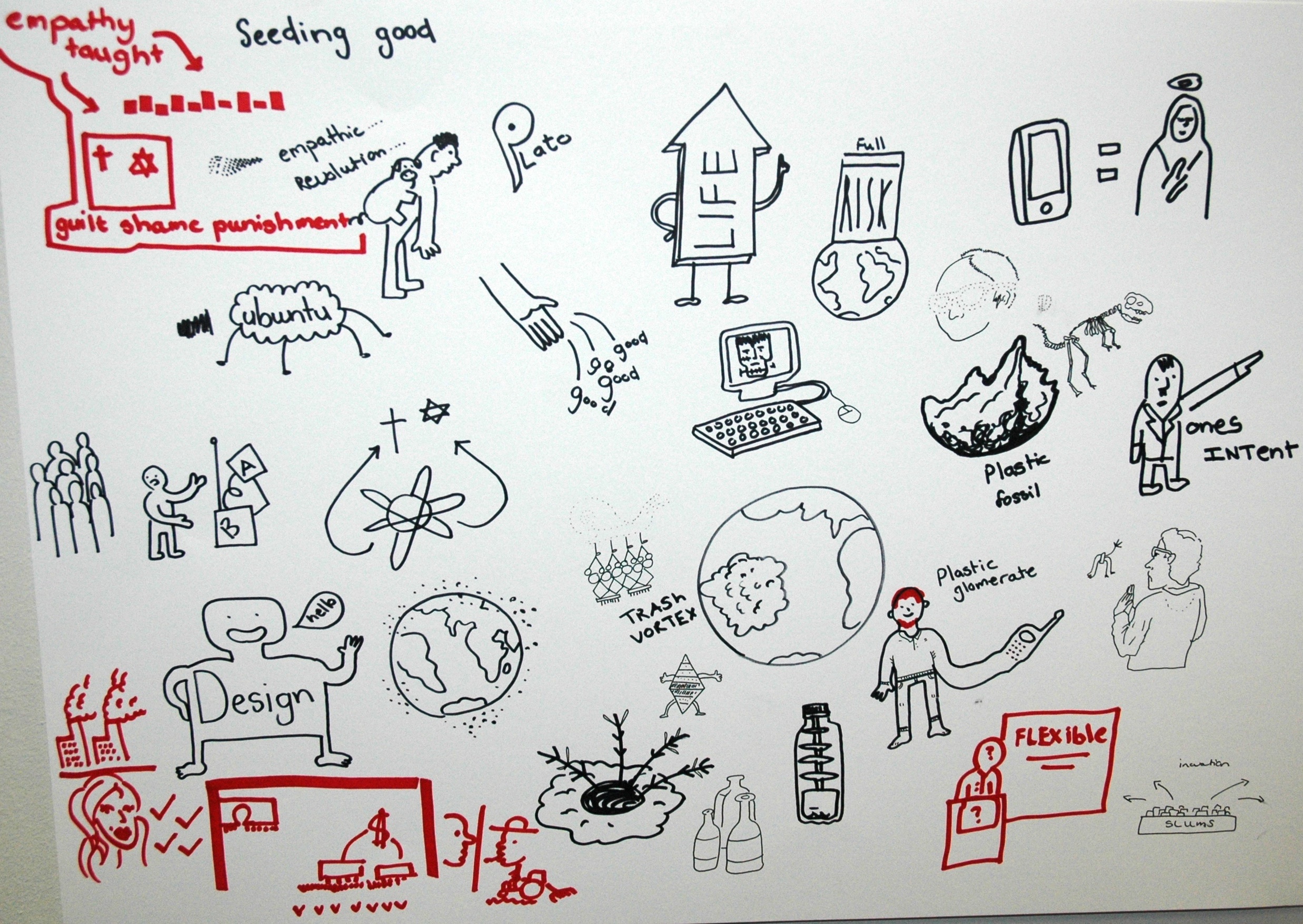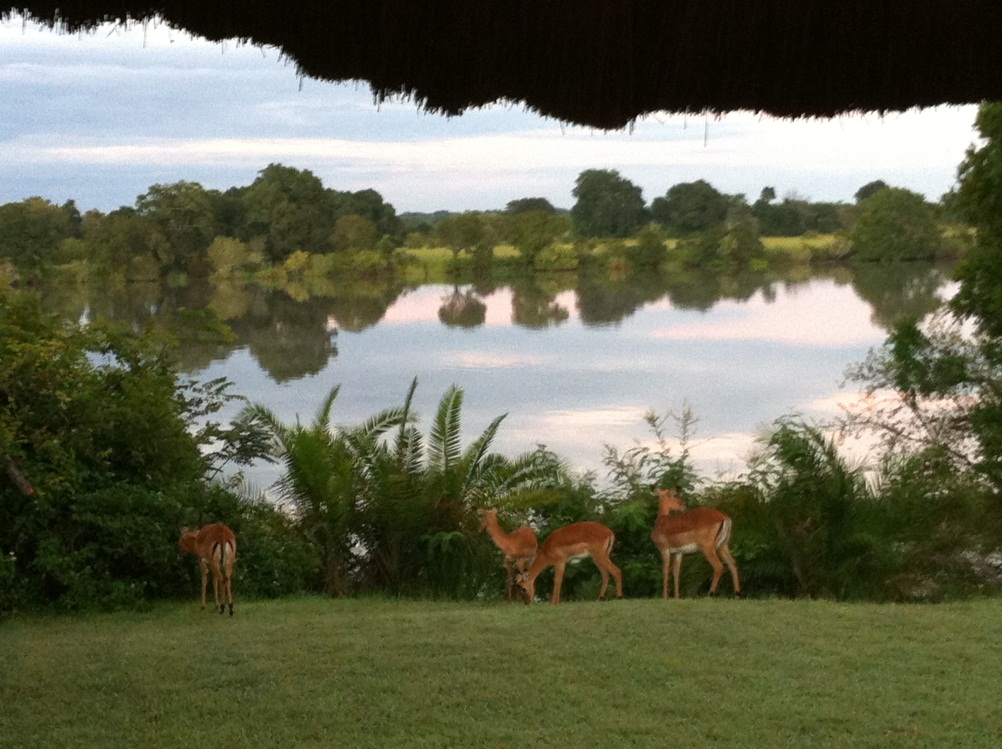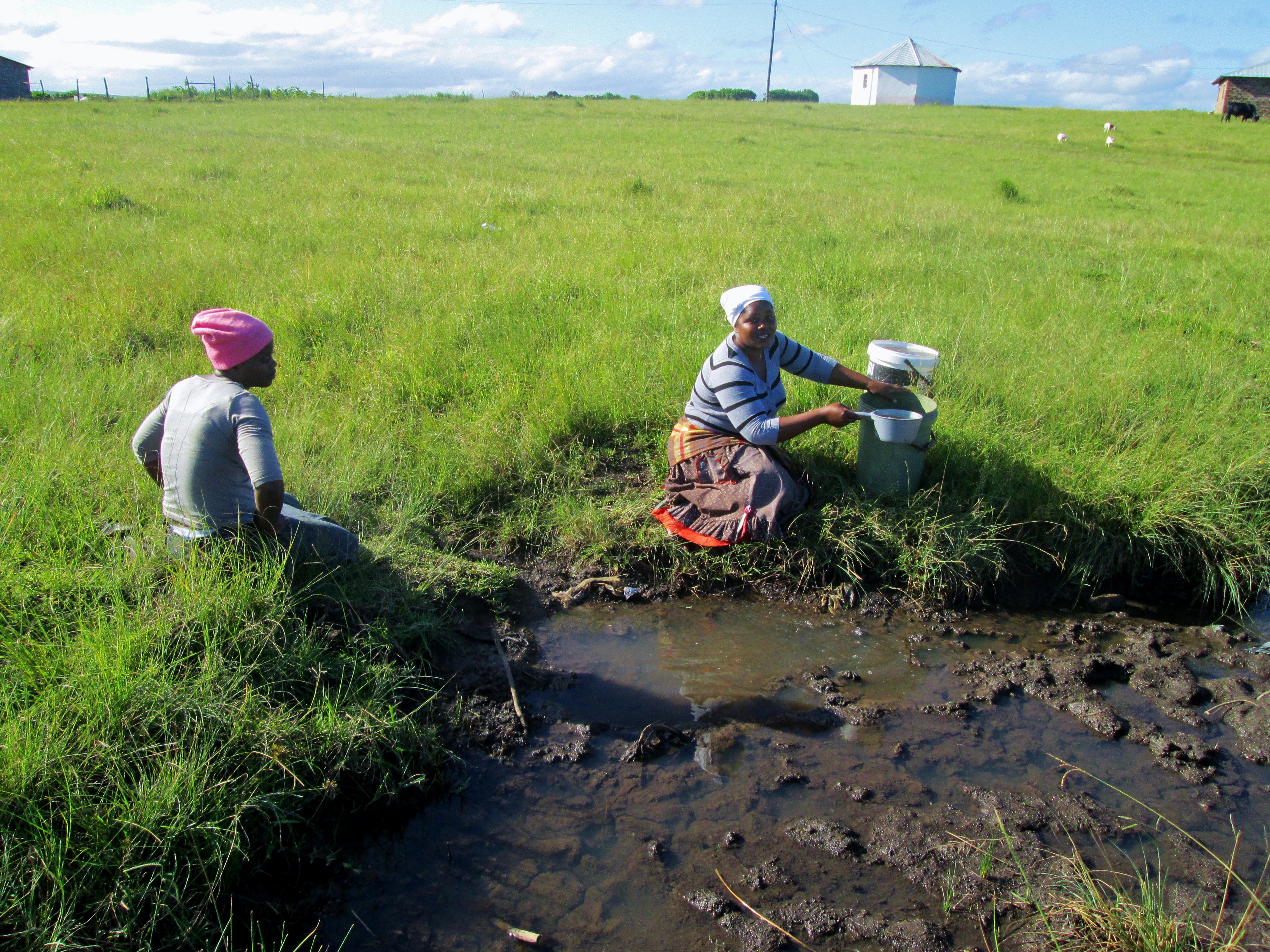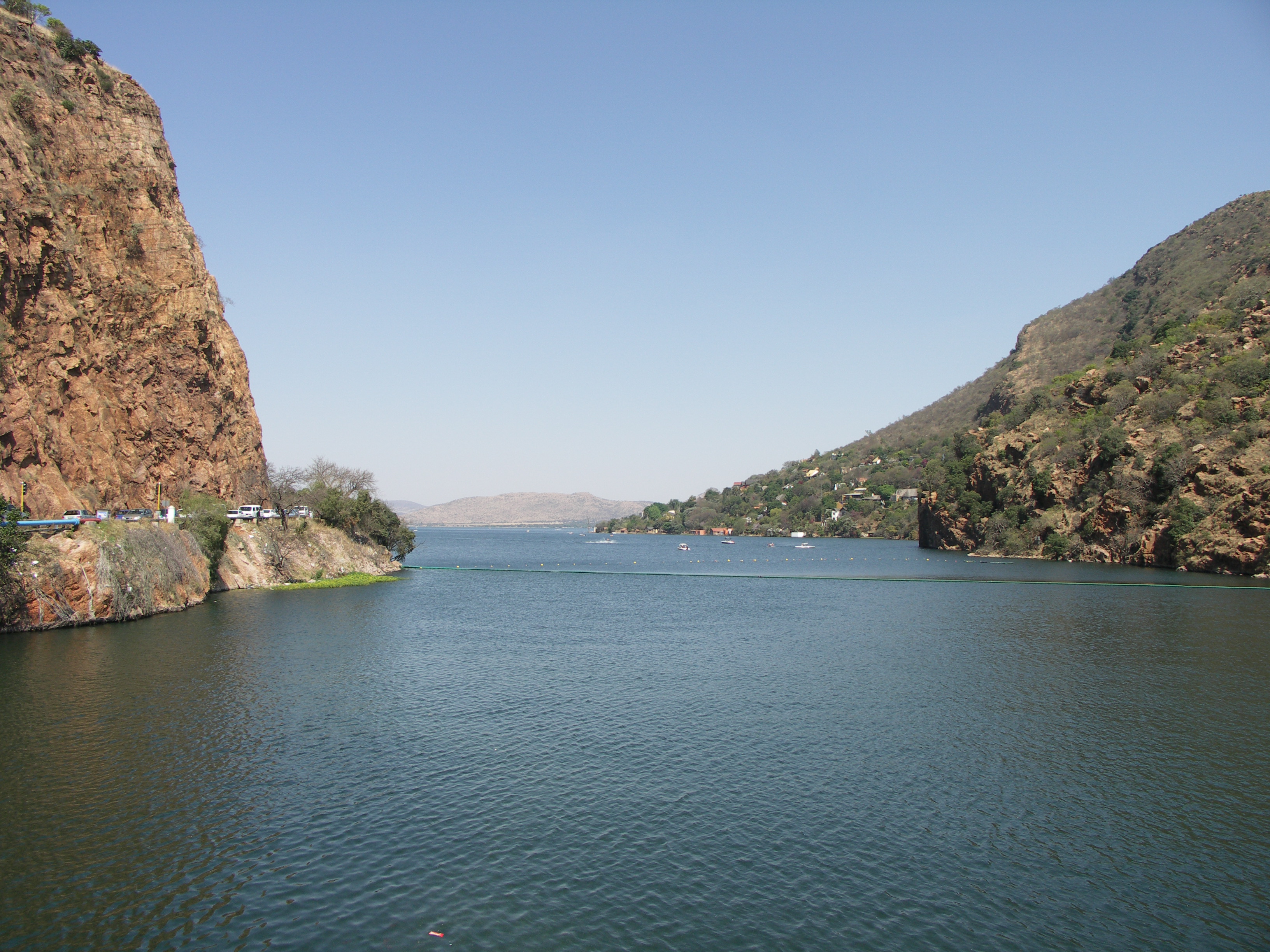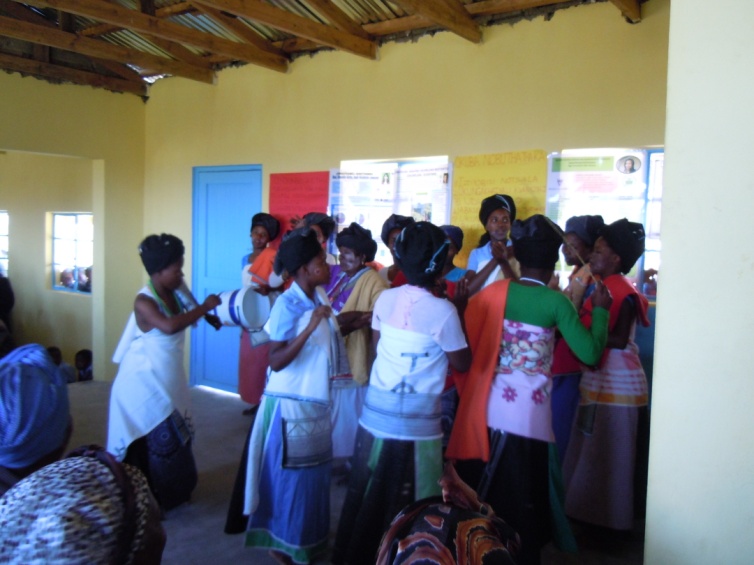Call for abstracts: 3rd Garden Route Interface Meeting (GRIM)
Science and management co-learning to navigate social-ecological issues 17-19 September 2019 Pine Lake Marina, Sedgefield, South Africa Background: The Garden Route Interface Meeting (GRIM) is an annual event taking place in the Garden Route and providing a forum for researchers and practitioners interested in better understanding and managing (or navigating) social-ecological systems (SES) and their complex interactions and feedbacks. Three types of interfaces are of particular interest: human-nature (social-ecological systems), theory-practice (scientists and managers), and social-natural (sciences). Previous meetings: The 2017 and 2018 meetings each attracted >70 delegates and key discussion themes during these meetings included the establishment of [...]


